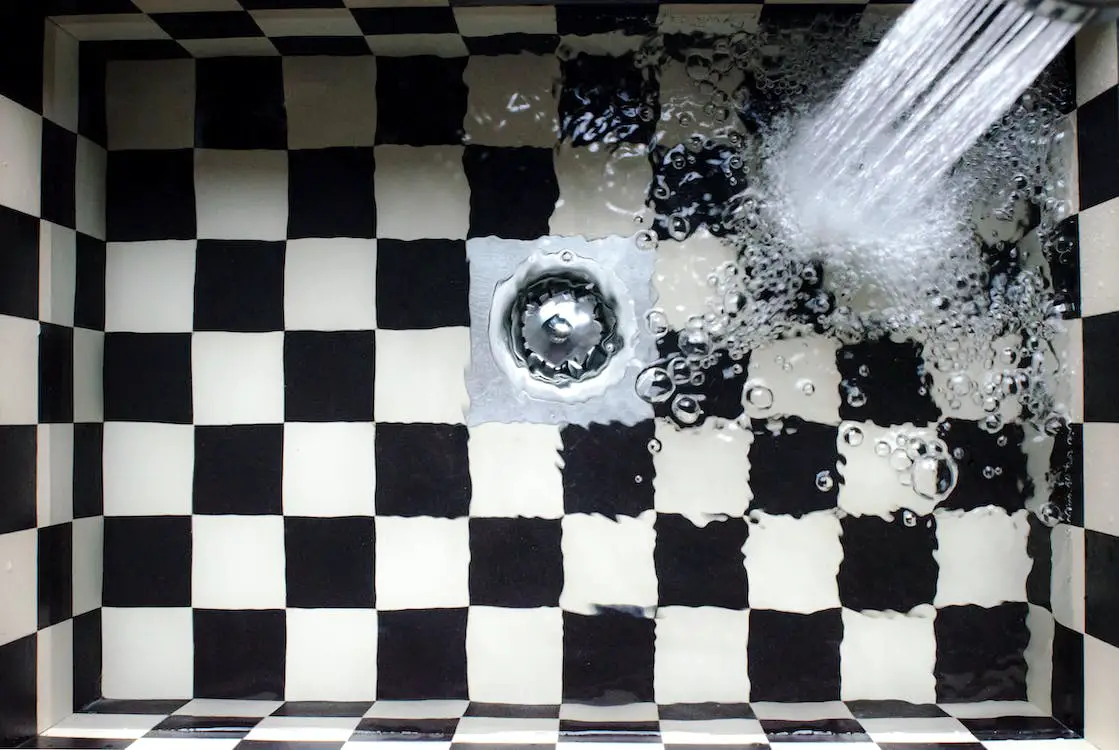Estimated reading time: 3 minutes
The plumbing industry has seen significant advancements in recent years, with robotics and automation playing a central role in this transformation. These technologies are not only making the plumbing process more efficient and effective but are also significantly reducing risks and challenges faced by professionals in the industry.
In this blog post, we will discuss how robotics and automation are revolutionizing the plumbing game.
Robotic Drain Inspection And Cleaning Devices
One of the primary ways robotics and automation are changing the plumbing game is through the development of robotic inspection and cleaning devices, specifically designed for drain systems.
These devices are designed to navigate through drain systems, capturing high-resolution images and videos to help identify blockages and other issues, to help you with drain cleaning in Bloomington.
Equipped with advanced sensors, robotic drain cleaning devices can also assess the structural integrity of the pipes, detect leaks, and monitor the overall health of the plumbing system.
Enhanced Pipe Cleaning Techniques
Robotics and automation are also improving pipe cleaning techniques, making them more effective and efficient. Traditional drain cleaning methods, such as snaking and hydro-jetting, can be labor-intensive and sometimes ineffective, especially in complex plumbing systems with multiple bends and junctions.
Robotic pipe cleaning systems can navigate through intricate pipe networks, using specialized tools and attachments to dislodge and remove stubborn blockages.
This enhanced cleaning capability not only ensures thorough and efficient cleaning but also helps to extend the life of the plumbing system by minimizing the potential for future blockages.
Automated Pipe Repair Systems
Another area where robotics and automation are making a significant impact in the plumbing industry is pipe repair. Traditional pipe repair methods often require digging trenches and physically accessing the damaged pipe sections, which can be time-consuming, labor-intensive, and costly.
Robotic pipe repair systems can access damaged pipes through existing access points, such as manholes or cleanouts, without the need for excavation. Using advanced materials and techniques, these robotic systems can perform repairs internally, offering a more efficient and less invasive alternative to traditional methods.
Enhanced Education And Professional Development
The growing presence of robotics and automation within the plumbing industry necessitates a workforce skilled in operating and maintaining these state-of-the-art systems. This demand has spurred the creation of innovative training programs and certifications that concentrate on robotics, automation, and other cutting-edge technologies.
By providing plumbing professionals with these essential skills, the industry can continue to progress and reap the benefits of increased efficiency and safety that these technologies deliver.
Advanced Supervision And Remote Operation
The incorporation of robotics and automation in the plumbing sector has given rise to sophisticated supervision and remote operation systems. Such systems empower plumbers to keep a close eye on the condition and functioning of plumbing systems in real-time, thanks to sensors and connected devices.
This valuable data can be harnessed to proactively tackle potential issues, such as leaks and obstructions, before they escalate into more serious problems.
Furthermore, remote operation capabilities enable plumbers to manipulate robotic devices and equipment from a secure distance, minimizing injury risks and bolstering overall safety.
Conclusion
Robotics and automation are revolutionizing the plumbing industry, bringing about significant changes in how professionals approach drain cleaning and other plumbing tasks.
By incorporating robotic devices for inspection and cleaning, leveraging automated pipe repair systems, adopting enhanced cleaning techniques, utilizing remote monitoring and control systems, and investing in the training and development of skilled professionals, the industry is poised for a cleaner, safer, and more efficient future.
Share this content:
